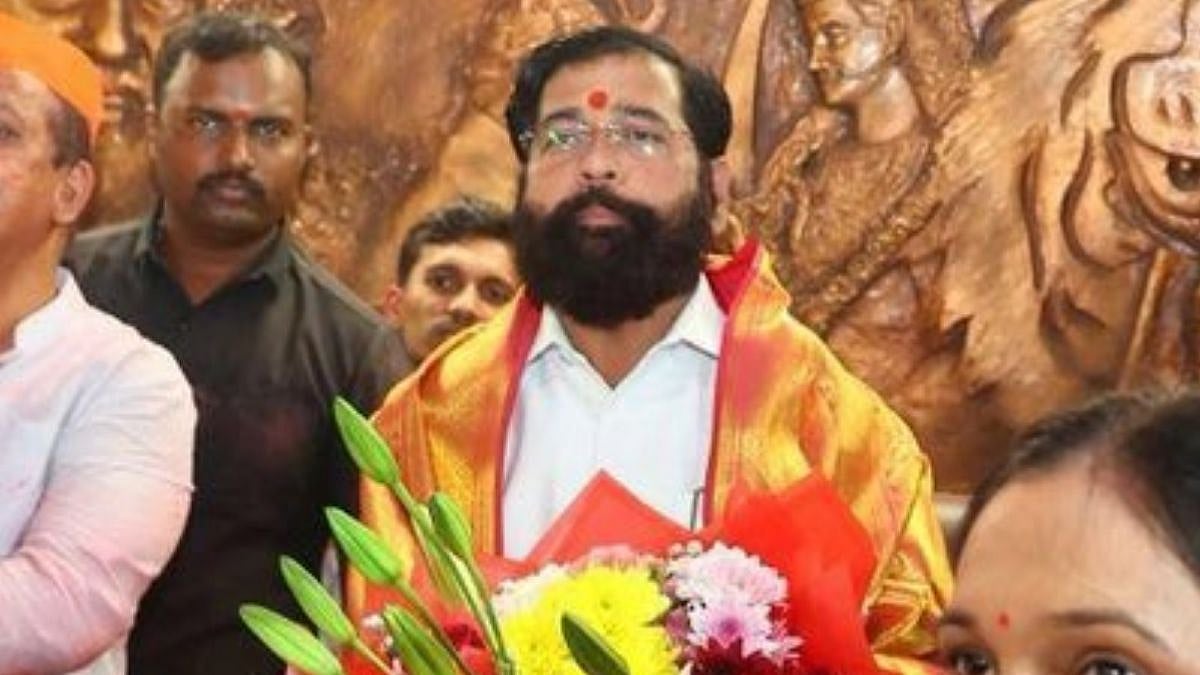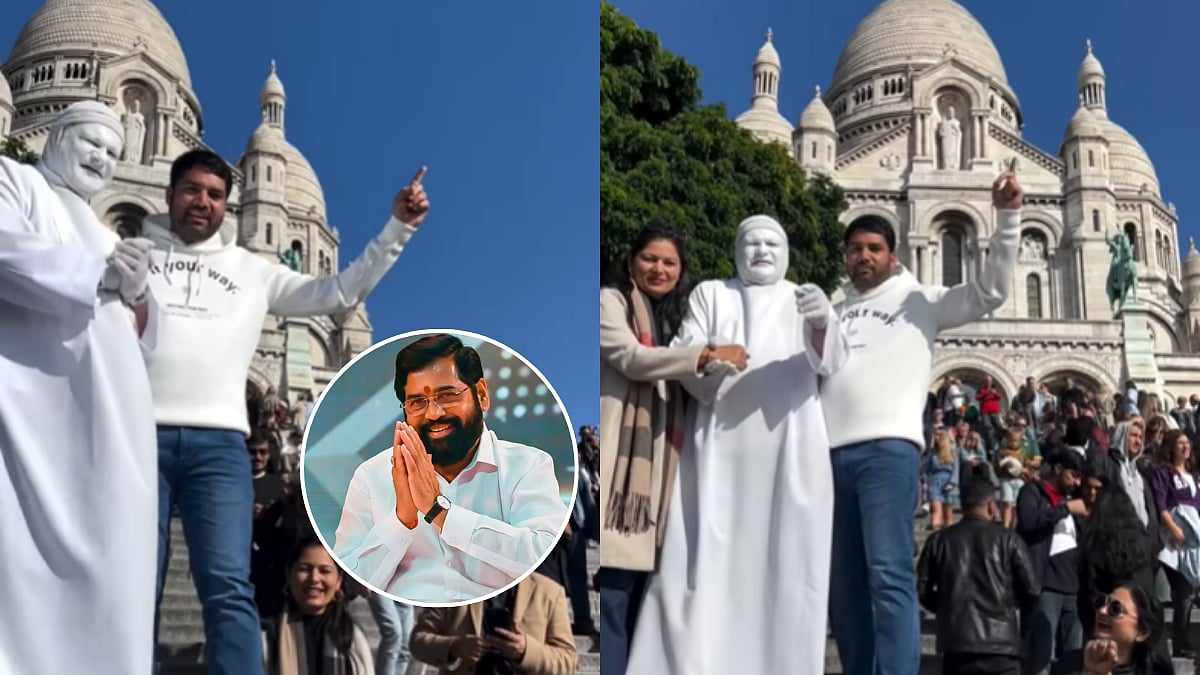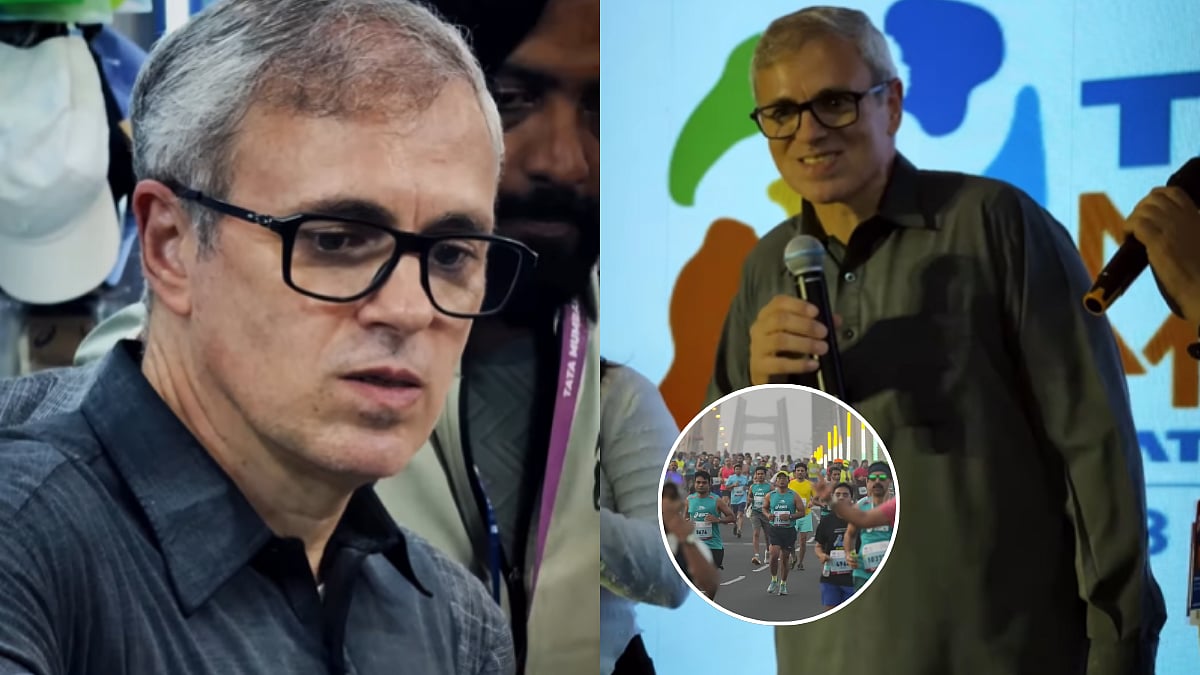The Parsi New Year is a local holiday observed on the initial date of Farvardin in the Zoroastrian calendar. Navroz, also called Navroz, comes from the Persian words ‘nav’ and ‘roz’, meaning new and day, respectively. The annual festival occurs on the Spring Equinox in late March, however, the Parsi community in India observes their new year festivities in July or August as per the Shahenshahi calendar. In India, Parsi New Year 2024 will be celebrated on Friday, 16th August.
History And Importance Of Parsi New Year
Legend has it that Prophet Zoroaster established the Parsi New Year holiday, a 3000-year-old Zoroastrian tradition. The followers of Zoroastrianism in Persia (now Iran) celebrated it and migrated to places like Gujarat in India in the 7th century due to the Islamic invasion. Even though the festival's roots are in Persia, it is observed with great enthusiasm in numerous Indian states. The day is known as Jamshedi Navroz in honor of the Parsi calendar's founder, Persian King Jamshed.
How Is Parsi New Year Celebrated?
Preparations for Parsi New Year, also known as Navroz, start by emphasizing the importance of celebrating the fresh start that a new year signifies, including tasks like cleaning the house, donning new attire, exchanging gifts, and donating to charity. Individuals go to temples to pray and enjoy Parsi cuisine like Farcha, Egg Patties, Mithu Dahi, Sali Boti, and Jardaloo Chicken. People exchange Parsi New Year greetings, wishing each other good luck and good health.
.jpg)
Parsis celebrate by cleaning and adorning their homes with flowers and rangoli to create an inviting and beautiful atmosphere for guests. They wear traditional clothing, go to the Fire Temple after breakfast, and do a prayer known as Jashan to give thanks to the Lord, pray for wealth, and ask for blessings.









